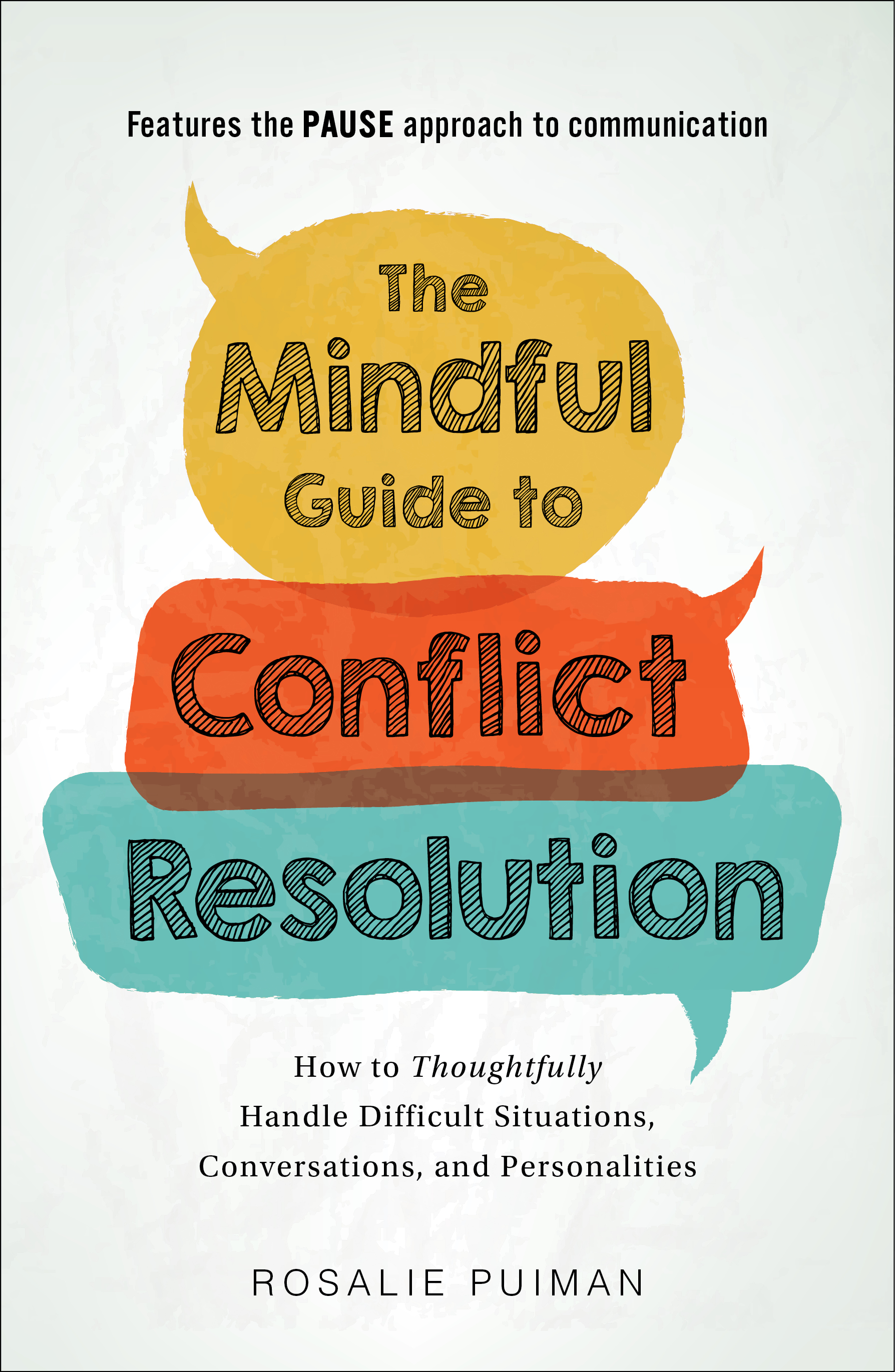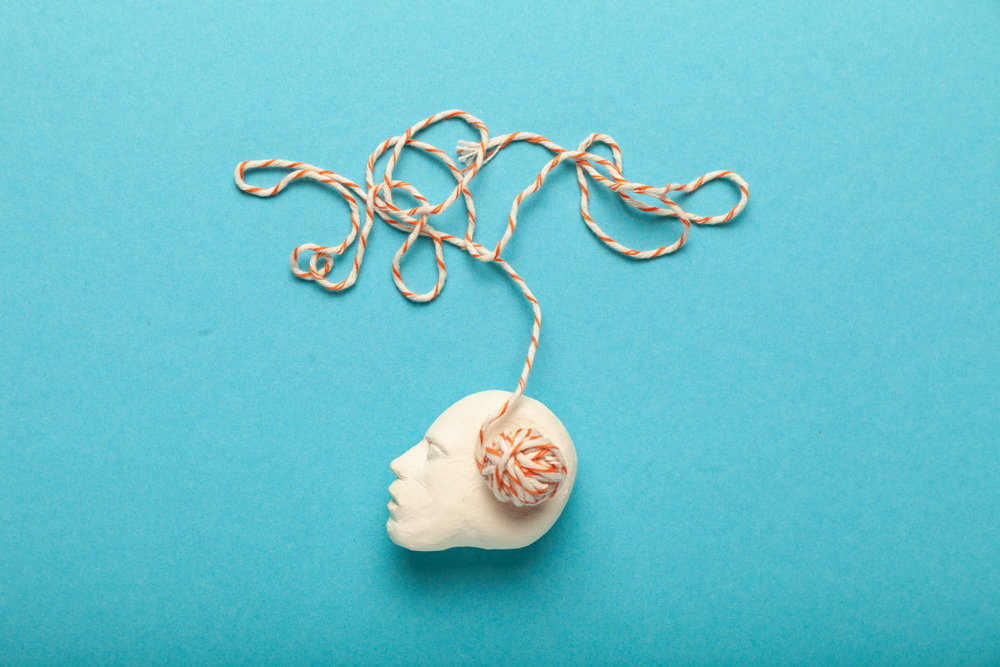Mindfulness is a way of living in the present moment that is based on ancient Buddhist teachings that Jon Kabat-Zinn helped introduce to Western culture in the 1990s. Nowadays, millions of people use mindfulness as a way of life to decrease stress, improve health, and boost happiness. Meditation is one way that people can practice mindfulness — the act of sitting quietly and clearing your thoughts can pave the way to living in the present and opening your heart and mind to what’s around you, instead of ruminating, worrying, and fearing what could or has happened.
You can also use mindfulness to improve how you handle conflict. A mindful state of mind will help you (and, indirectly, the other person) focus on finding a positive way forward instead of getting bogged down in all the other noise in your head that’s leading you in unhelpful directions. In his book Full Catastrophe Living, Kabat-Zinn outlines the key tenets of mindfulness.
In terms of conflict management, these six are particularly relevant:
- Nonjudgment: You, like everyone else, have ideas and opinions about basically everything. Your mind provides a steady stream of black-and-white judgments, conscious and subconscious, all day long: like/dislike, yes/no, good/bad, etc. Being mindful means to be aware of this process, and to instead consciously hold off on judgment to allow what is unfolding to take shape. In conflicts, this helps you to be open-minded about the other person, their perspective, and solutions that you may not have considered yet.
- Acceptance, Letting Go, and Non striving: These three attitudes focus on accepting the situation as it currently is, without forcing it to be what it is not by emotionally clinging, grasping, pushing, or pulling. This doesn’t mean you cannot want something to shift. It does mean that by first accepting what it is now and not immediately wanting to do something about it, you free up a lot of headspace to allow new ways forward to emerge.
- Beginner’s Mind: Mindfulness encourages you to approach situations and the people involved with fresh eyes. Your mind constantly projects a ton of desires, opinions, and past hurts — some of which might be decades old — onto current situations. All of this history makes it hard to see what is actually going on right now and to recognize the potential that may be arising. Beginner’s mind also benefits the other party because people feel seen and valued if you engage with how they are and what they do now, instead of how they were or got to be in your mind. This shift in mindset brings positivity and connection into disagreements, which supports finding a positive outcome.
- Trust: Bringing trust into your interactions is a powerful tool. Trust starts with trusting yourself, knowing that your perspective and experience are right for you and that you can meet whatever comes at you. The more you trust yourself, the more trust you can bring to other people, to your relationships, and to handling difficult situations, because you know you have everything that’s needed to bring forth a positive outcome.
- Patience: In general, people are very impatient to get to what they think is the next important thing. But this attitude leads to not being in the present moment. If you rush all the time, you won’t see the synchronicities and opportunities that present themselves.
- Gratitude and Generosity: These mindsets bring lightheartedness, appreciation, and connection to your difficult situations. By not taking everything for granted and by giving other people opportunities to succeed, you enhance interconnection between you and the other party. Gratitude and generosity naturally foster a positive atmosphere, which every hard conversation can benefit from.
Mindfulness acknowledges that these mindsets are not something you can achieve fully overnight — but that’s alright (there’s the nonjudgment and patience at play!).
Observing and recognizing your behavior is the first step to changing it, so that’s the best place to start. Look for quick, everyday ways to practice mindfulness in your life.
For example, the next time you notice yourself judging someone’s cart at the grocery store, stop and notice the feeling, then let the thought go. If you find yourself angry at the slow checkout line at the store, take a few deep breaths and try to observe a few interesting things around you at that moment instead of letting the stress get to you. When you get to the front of the line, try showing genuine gratitude to the checkout employee for their hard work. Small, simple practices like this will help you make mindfulness a habit, which in turn makes it easier to access in difficult conversations.

Excerpted from The Mindful Guide to Conflict Resolution by Rosalie Puiman. Copyright © 2019 by Simon & Schuster, Inc. Used with permission of the publisher, Adams Media, an imprint of Simon & Schuster. All rights reserved.
Follow us here and subscribe here for all the latest news on how you can keep Thriving.
Stay up to date or catch-up on all our podcasts with Arianna Huffington here.


